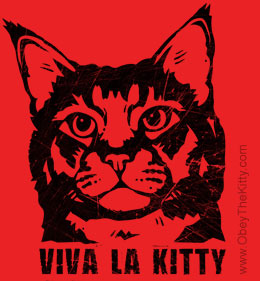
The German philosopher Hegel once asked:
“…regarding History as the slaughter-bench at which the happiness of peoples, the wisdom of States, and the virtue of individuals have been victimized—the question involuntarily arises: to what principle, to what final aim have these enormous sacrifices been offered?”
Hegel’s question was rhetorical: Hegel actually believed that the “World Spirit” of Reason – even if through the unreasonable violent actions of human beings – was moving toward a positive end-point.
That isn’t a claim to which this blog necessarily ascribes. But there is something to the essential logic that “History” has a kind of “agenda”. And so too do Media and Technology.
Hegel – for all the gravity of his viscous language and knot-leaden thinking – provided us with philosophical toolboxes with which to tear-down and build-up the ideological structures in which were are (invisibly) immersed. Love it or hate it: the 21st Century is decidedly – mercilessly – Hegelian.
A crucial question for each of us to raise today is: How are digital media and other technologies influencing where we are going? Is it to some individual end-point, to various sets of separate end-points, or to profuse interplays of colliding streams of Digital slaughter-benching?
Already we are seeing the slaughter-benches set up by Silicon Valley autocrats – from the visceral and speedy displacement of millions of people by digital financial algorithms to the destruction of copyrights for the profit of link-auctions to the bait-and-switch schemes of Social Media companies.
The trope of the Slaughter Bench will be invoked in order explore what the so-called Digital Age will bring to us – or bring us to. Perhaps the blog will sit the ideas of digital thought leaders down onto the Slaughter Bench.
There are those who believe that digital media is innately Democratizing – that Twitter can topple bad governments and bring forth substantial improvements in the human condition.
A necessary retort to that ideological stance, however, is that we should not *want* Democracy to depend on the convenience of the tweeted hashtag.
None of us is fully free as long as one is not. The musculature of citizenry does not scaffold out of memetic repetitions of haptic push-taps.
Human liberation is perpetual labor.
Automated Democracy is Autocracy.
The danger of investing too much optimism in digital media is that truly revolutionary acts and ideologies will be replaced by virtually sanguinary riots – and soon after the “Revolution”, it’s back to cat pictures.
Thus the tagline:
After the Revolution, the Lolcat.